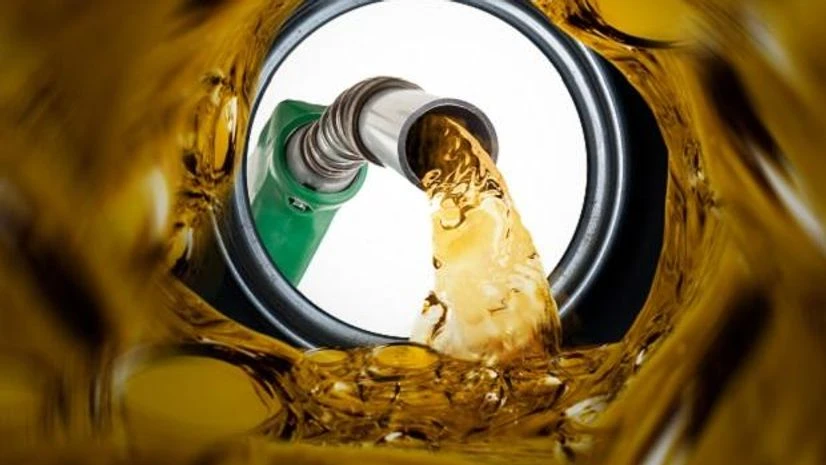The Pakistan caretaker government on Friday announced another hike in the prices of petrol by Pakistani Rupees (PKR) 26.02 per litre and high-speed diesel by PKR 17.34 per litre, Pakistan-based Dawn reported.
The rise in the rate brings the price of petrol to PKR 333.38 per litre and the rate of high-speed diesel is PKR 329.18 per litre. Pakistan's Ministry of Finance announced the increase in the price of petrol and high-speed diesel, the report said.
Pakistan's Ministry of Finance said that the decision was taken due to the increasing trend of petrol prices in the international market. No revision of price was mentioned regarding the price of kerosene or light diesel oil, according to Dawn report.
The rise in the price of petrol and high-speed diesel after the previous massive hike on September 1, when the Pakistan interim government increased fuel prices by up to PKR 18 per litre. The rise in petroleum prices had come after similar hikes by the Pakistan interim government on August 15.
Petrol is mostly used in private transport, small vehicles, rickshaws and two-wheelers and has a direct impact on the budget of the middle and lower-middle class.
The majority of the transport sector operates on high-speed diesel. Its price is considered highly inflationary as it is mostly used in heavy transport vehicles, trains and agricultural engines like trucks, buses, tractors, tube wells and threshers, Dawn reported.
Meanwhile, Pakistan's inflation rate remained over the target in August at 27.4 per cent as reforms outlined as requirements for an IMF loan make it more difficult to control price pressures, ARY News reported citing the official data released on September 1.
More From This Section
After the avoidance of a sovereign debt default in July due to a USD 3 billion loan programme of the International Monetary Fund (IMF), Pakistan is on a difficult road to economic recovery under a caretaker administration.
Reforms related to the bailout, such as loosening import limits and demanding the removal of subsidies, have already fuelled annual inflation, which increased to a record 38.0 per cent in May.
In addition, interest rates were increased, and the rupee dropped to record lows. The currency dropped 6.2 per cent last month, according to ARY News. The inflation rate for food remained high at 38.5 per cent in August, according to figures from Pakistan's statistics department, despite a minor decline from July's 28.3 per cent rate.
(Only the headline and picture of this report may have been reworked by the Business Standard staff; the rest of the content is auto-generated from a syndicated feed.)

)
